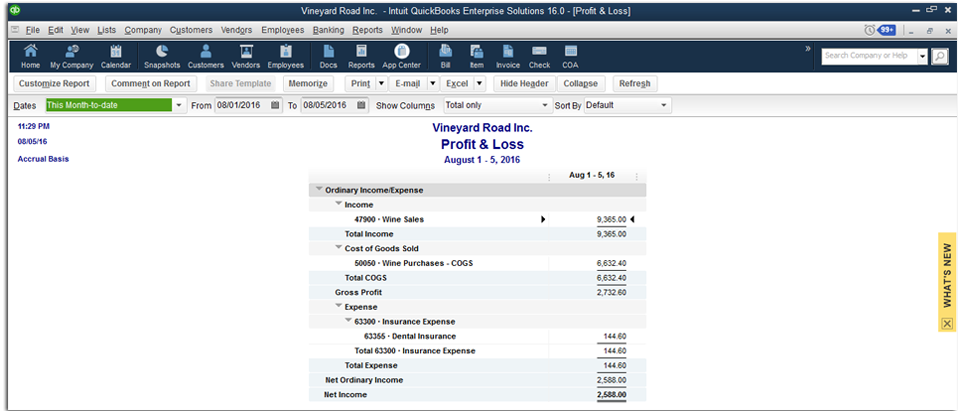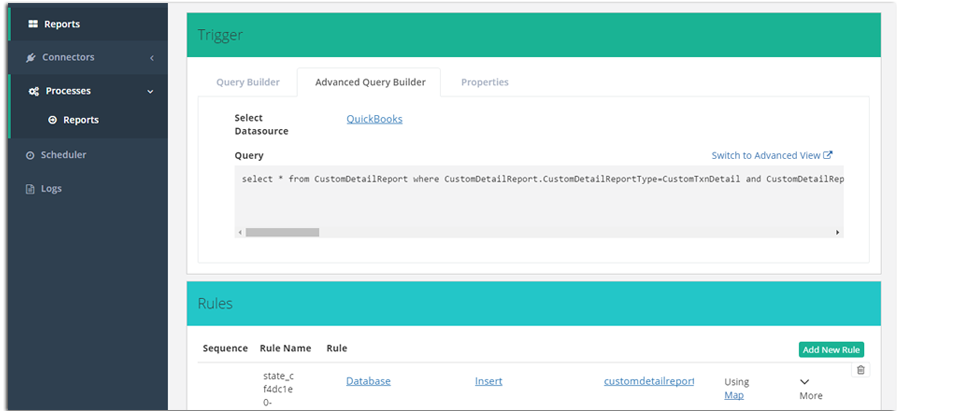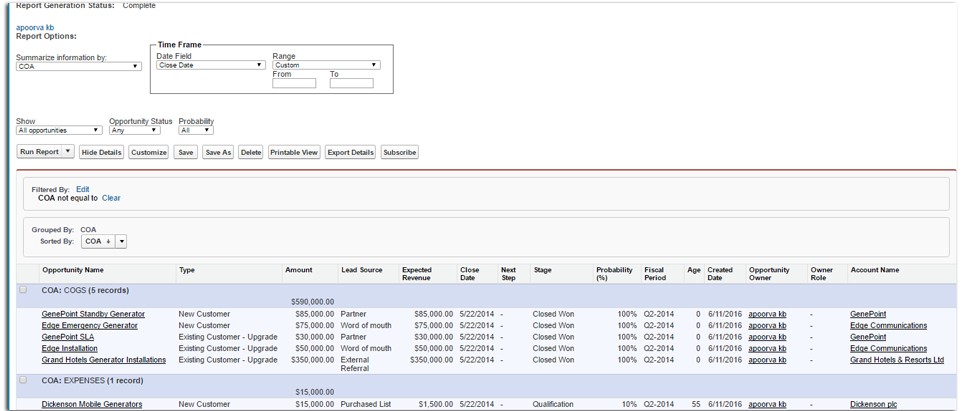2022
Introduction
Many of the business user want to integrate QuickBooks reports with the Salesforce custom object , I always come across with the one very question from a standard business user of the QuickBooks and Salesforce that Can QuickBooks reports be integrated to Salesforce ?
The short answer is yes if a user wants a specific report to be sent to salesforce , DBSync can handle it . The different types of QuickBooks reports and filtering is likely going to change for each report, so the open-ended answer is that the integration is possible , but should be researched on case-by-case basis. So the open-ended answer is that the integration is possible , but should be researched on case-by-case basis.
The QuickBooks Desktop exposes API directly for the following reports
- General Summary Report
- Job Report
- Time Report
- Aging Report
- Budget Summary Report
- General Detail Report
- Custom Detail Report
- Custom Summary Report
- Payroll Detail Report
- Payroll Summary Report
If there is a integration requirement for any of the listed report , the integration is straightforward and if there is any other report which has to be sent to Salesforce then there is a customized solution provided by DBSync .
Lets look the below example how DBSync handles profit and Loss report to be integrated to salesforce custom object.
- Since the Profit&Loss report is not exposed directly by the QuickBooks API , we use Custom Detail Report API
- Configure the connectors QuickBooks, Salesforce with appropriate credentials
- We build logic around with Dynamic querying capabilities which will run the Report in QuickBooks and returns us the required fields
- There are transformation applied via DBSync platform to salesforce custom object so that data is transformed as per the business requirement
- Finally, the data gets inserted to the Salesforce custom object.
For this solution, We need to create two salesforce entities to hold the data of the QuickBooks
- QuickBooks Profit&Loss entity which would hold the records of the QuickBooks Profit&Loss report
- Opportunity Entity which would hold the details records of the QuickBooks Profit&Loss record (serving as Master)
A Salesforce user would need to customize different summary fields, depending on what they want to display on. The integration is simple , configure connectors, hold the QuickBooks report data on which transformation need be applied. Upsert this account records via their primary key allowing them to run on recurring basis.


